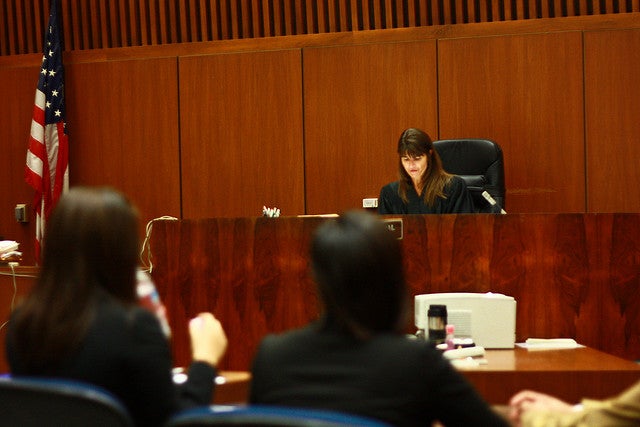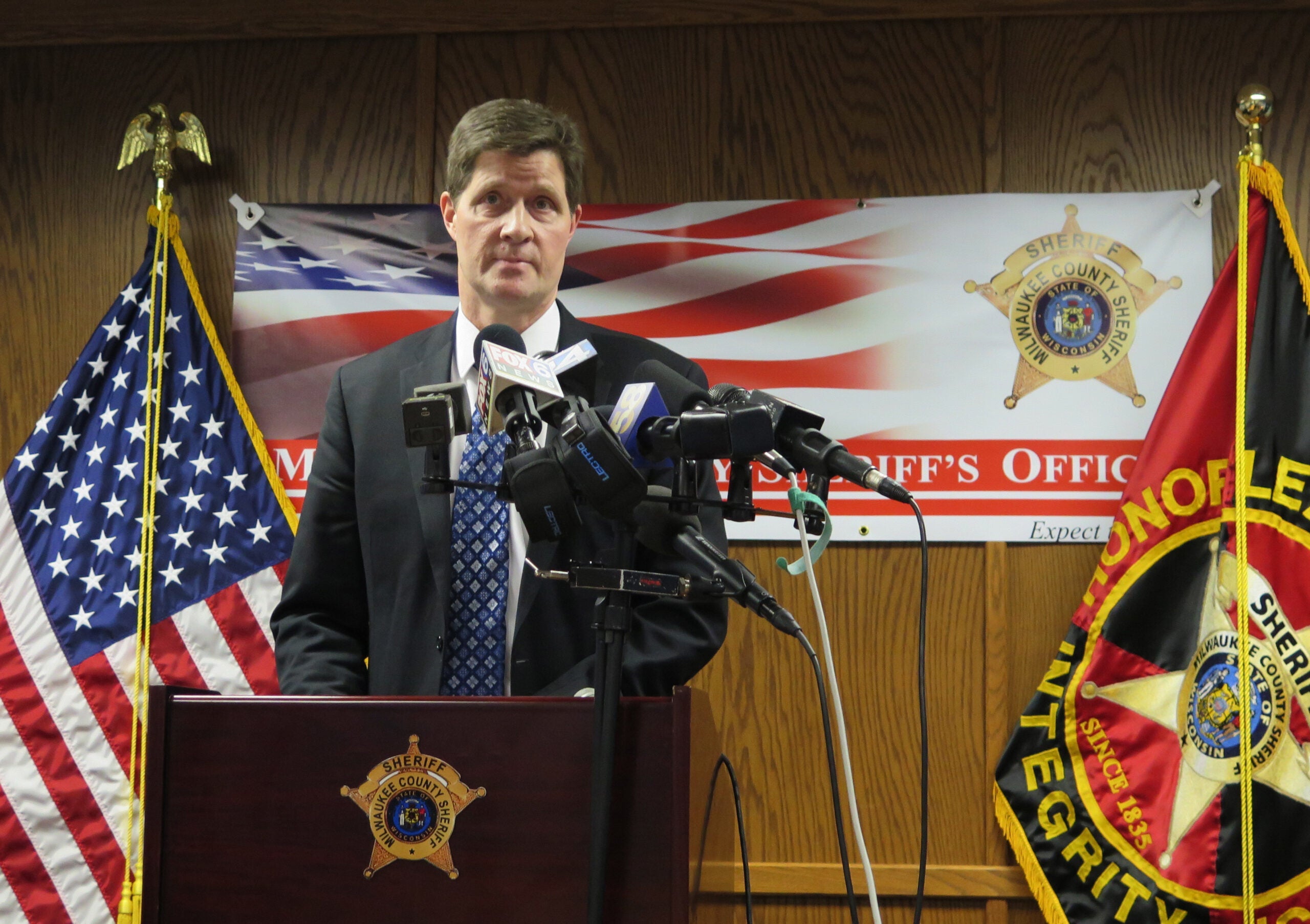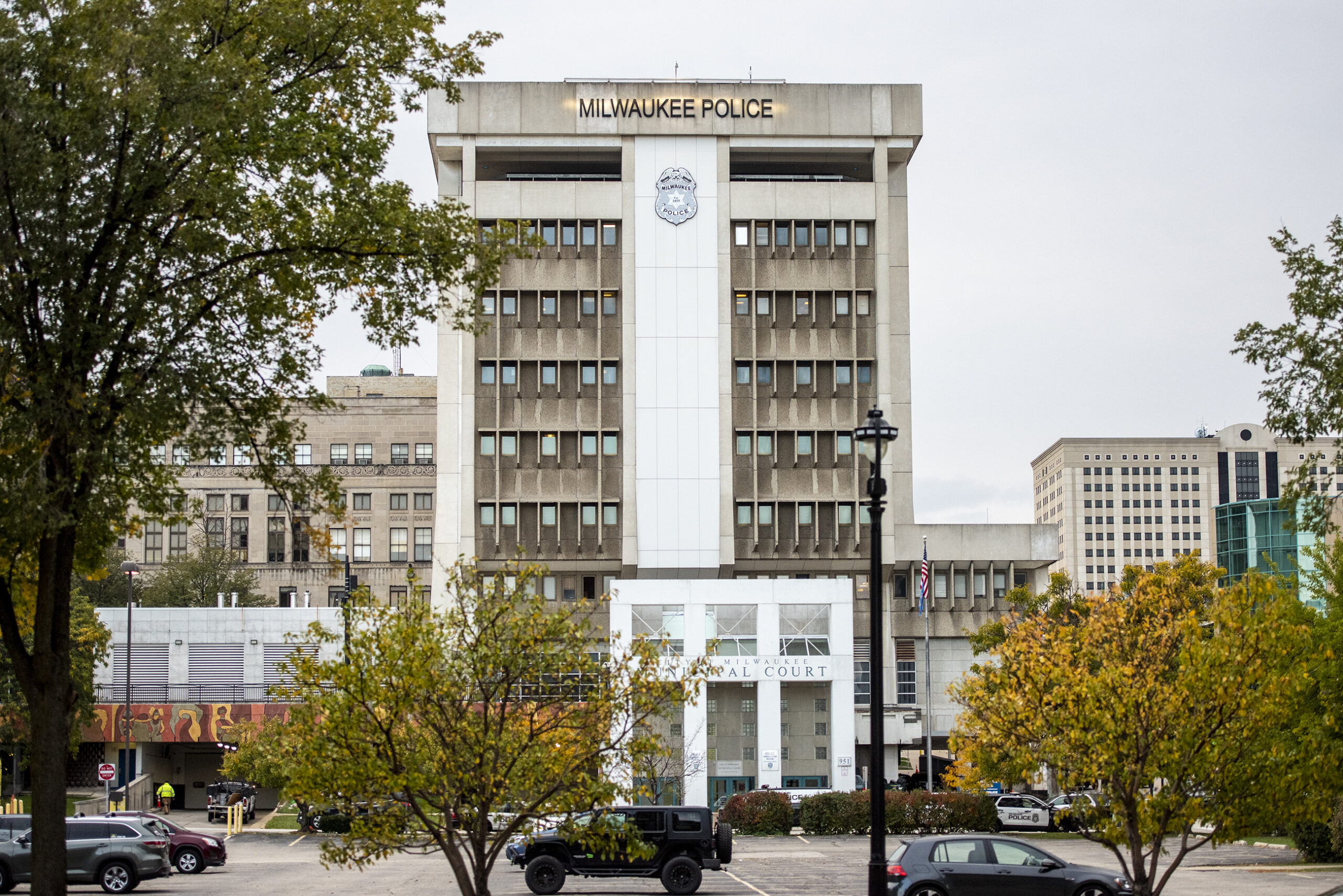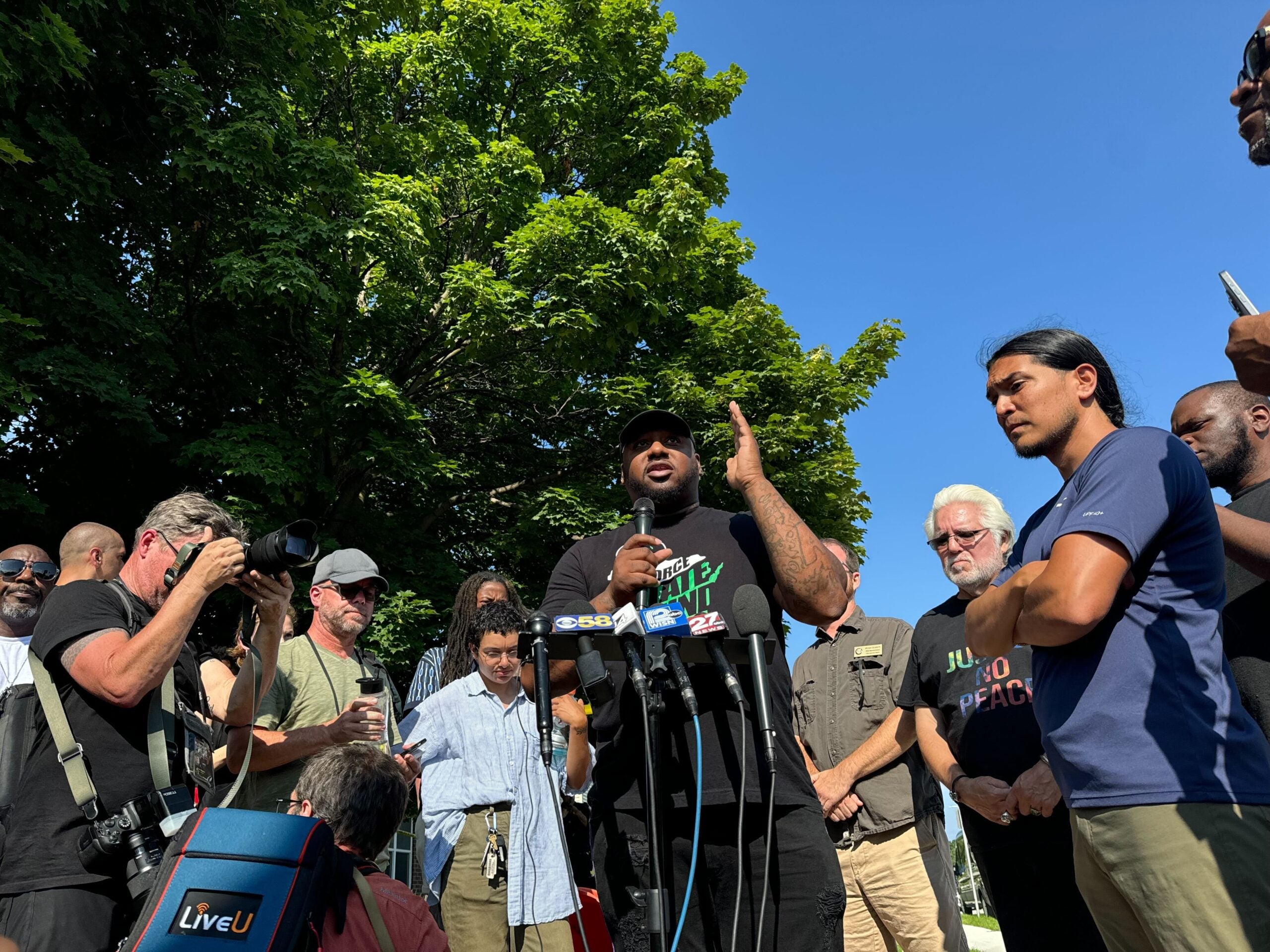As more research continues to show that from eyewitness identification in criminal cases is not as reliable as once thought, police in Wisconsin are changing the way they gather such evidence.
The latest research from the National Research Council found that officers who are familiar with a suspect often unintentionally influence a witnesses’ choice when they are picking someone out of a line-up. The NRC report recommended that in such cases, officers not working on the case interview eyewitnesses.
Jim Palmer, the director of the Wisconsin Professional Police Association, said most departments in the state adopted that practice in 2010.
Stay informed on the latest news
Sign up for WPR’s email newsletter.
“Law enforcement agencies in Wisconsin are pretty ahead of the curve,” said Palmer.
Keith Findley of the Wisconsin Innocence Project, however, noted that state law doesn’t require police agencies to adopt the practice. He said that a recent survey found 63 percent of departments have done so on their own, leaving a remainder of more than one-third that haven’t.
“While we’re getting some significant compliance, it’s far from perfect,” said Findley. “I am hopeful that this report will provide some impetus to help us finish the job we’ve started, but really haven’t finished in this state.”
Findley said it’s also important for judges to allow defense attorneys to present expert testimony from researchers about how unreliable the human memory can be when recalling things that happened during a stressful experience like witnessing a crime.
Palmer said police are aware of the need to be skeptical about how confident an eyewitness of whom they saw commit a crime. Research indicates that enthusiastic confidence does not correlate with accurate identifications. Palmer said it’s a balancing act for police to gather solid evidence, and at the same time not discard evidence that might solve a crime.
Findley also stressed that police and court officials need to take into account that eyewitness identifications have sent many innocent people to prison who were later exonerated by DNA evidence. The most recent figures show that 72 percent of the more than 300 wrongful convictions in the country were the result of witness testimony that proved to be false.
Wisconsin Public Radio, © Copyright 2025, Board of Regents of the University of Wisconsin System and Wisconsin Educational Communications Board.




